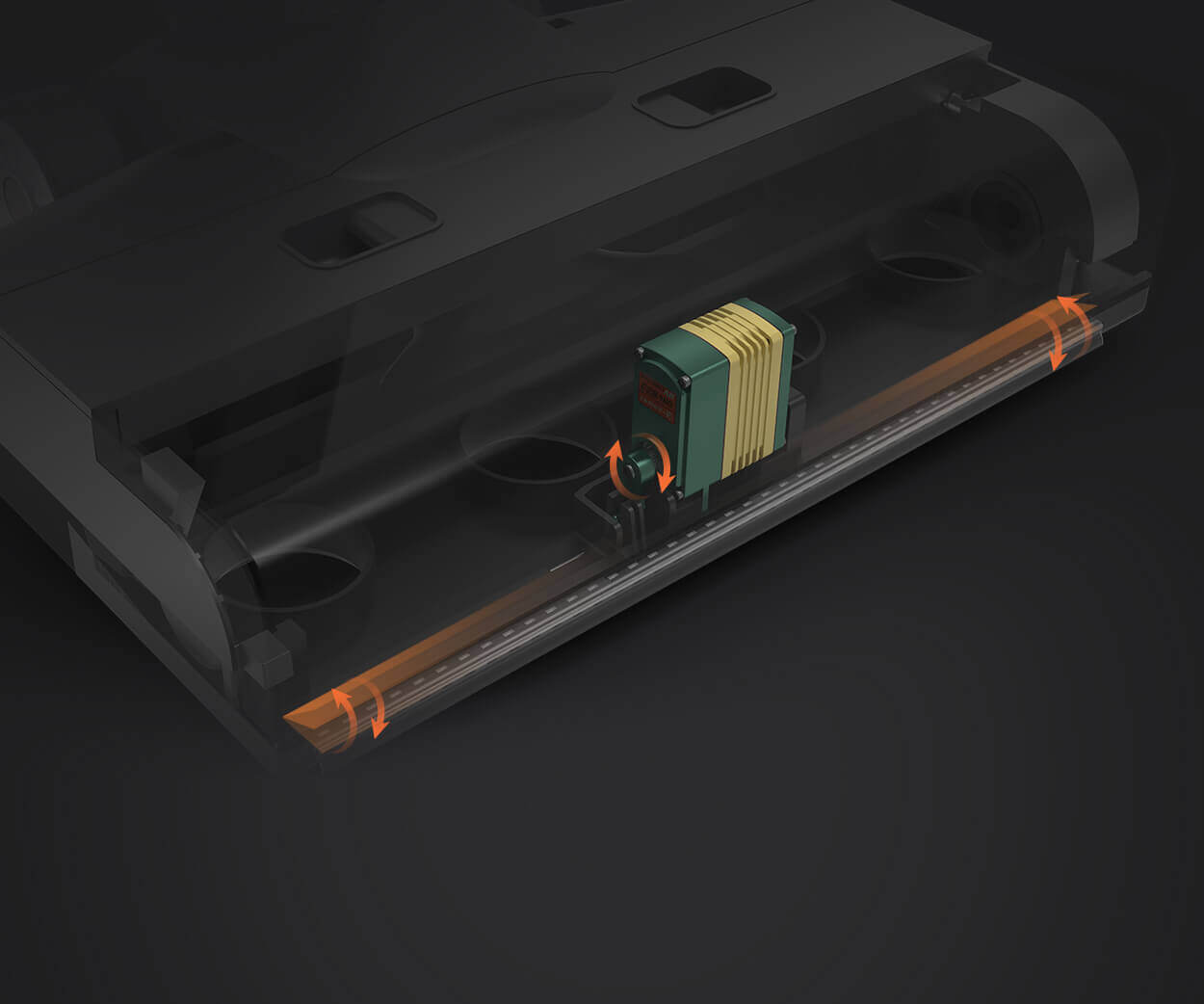Revitalize Your Operations: The Ultimate Guide to Fanuc Servo Motor Repair
In the fast-paced world of industrial automation, precision and reliability are non-negotiable. Among the many components that keep manufacturing lines running smoothly, Fanuc servo motors stand out as a cornerstone of automation excellence. Known for their durability, high performance, and precision control, these motors play a pivotal role in CNC machines, robotics, and various automated systems.

However, even the best equipment encounters issues over time. When a Fanuc servo motor malfunctions or shows signs of degradation, it can disrupt productivity, lead to costly downtime, and compromise the quality of your products. That's where an understanding of Fanuc servo motor repair becomes invaluable. Whether you're a factory manager, maintenance technician, or an automation enthusiast, knowing how to identify problems and seek effective repair solutions can make all the difference.
Why Fanuc Servo Motors Are a Staple in Modern Automation
Fanuc, a global powerhouse in factory automation and robotics, has built a reputation for producing reliable, high-precision servo motors. These motors are engineered to deliver excellent torque, fast response times, and seamless integration with automation systems. Their design emphasizes durability and low maintenance requirements, ensuring they can withstand demanding industrial environments.
But, despite their robustness, Fanuc servo motors are subjected to wear and tear, electrical faults, or control issues—much like any mechanical-electrical component. Understanding the common problems that can afflict these motors is the first step toward effective repair and maintenance.
Common Fanuc Servo Motor Problems
Overheating: Excessive heat can lead to insulation failure, bearing wear, and ultimately motor breakdown. Overheating often manifests through unusual noise or erratic movement.
Bearing Failures: Bearings support the rotating shaft. Over time, they can degrade due to dirt, lack of lubrication, or high loads, resulting in vibrations or noise.
Electrical Faults: Short circuits, open windings, or damaged connections may cause the motor to fail to start or operate erratically.
Encoder or Sensor Issues: Fanuc servo motors rely on precise feedback from encoders. If these sensors malfunction, the motor's movement becomes unpredictable.
Mechanical Wear and Tear: Moving parts naturally degrade over time, resulting in misalignment, increased friction, or even shaft damage.
Diagnosing Fanuc Servo Motor Problems
Effective troubleshooting begins with a systematic diagnosis. Here are some tips:
Visual Inspection: Look for signs of physical damage, burnt smell, discolored wires, or loose connections.
Vibration and Noise Checks: Unusual vibrations or sounds can indicate bearing issues or misalignment.
Electrical Testing: Use a multimeter or specialized test equipment to check for continuity, insulation resistance, and correct winding resistance.
Feedback System Testing: Verify if encoders or sensors are functioning properly, as incorrect feedback can cause operational issues.
The Importance of Timely Repairs
Addressing faults early prevents further damage. For instance, overheating can accelerate insulation deterioration, leading to complete motor failure. Similarly, neglected bearing issues may cause shaft misalignment, affecting the entire automation system, and increasing repair costs.
Prompt, professional repairs can restore your Fanuc servo motors to peak condition, ensuring continuous, high-precision operation. Whether it's replacing worn components, recalibrating sensors, or rewinding electrical windings, expert intervention guarantees safety, efficiency, and longevity.
Choosing Between Repair and Replacement
In some cases, repairing a Fanuc servo motor is more cost-effective than replacing it. If the damage is limited to damaged windings, worn bearings, or faulty sensors, skilled repairs can prolong the motor’s life without the expense of a new unit.
On the other hand, severe motor failure—such as extensive windings damage, core deformation, or severe electrical faults—may warrant a complete replacement. An experienced technician can assess the condition and recommend the best course of action.
Quality Repair Services: What to Look For
When seeking fanuc servo motor repair services, consider the following:
Expertise and Certification: Technicians should have specific experience with Fanuc equipment and relevant certifications.
Comprehensive Diagnostics: State-of-the-art testing equipment ensures accurate fault detection.
Original Parts Use: Authorized repair providers should use genuine Fanuc replacement parts to maintain performance and warranty.
Warranty on Repairs: Professional services often include warranties, giving you peace of mind.
Turnaround Time: Efficient repair services minimize downtime and get your system back online swiftly.
Preventative Maintenance to Extend Motor Lifespan
Prevention remains the best strategy. Regular inspections, cleaning, lubrication, and monitoring of operating conditions help catch potential problems early. Implementing a scheduled maintenance program, including vibration analysis and electrical testing, can significantly extend the service life of your Fanuc servo motors.
Part 2 will continue with more detailed repair procedures, case studies, maintenance tips, and the future of servo motor technology. Stay tuned!
Established in 2005, Kpower has been dedicated to a professional compact motion unit manufacturer, headquartered in Dongguan, Guangdong Province, China.




































